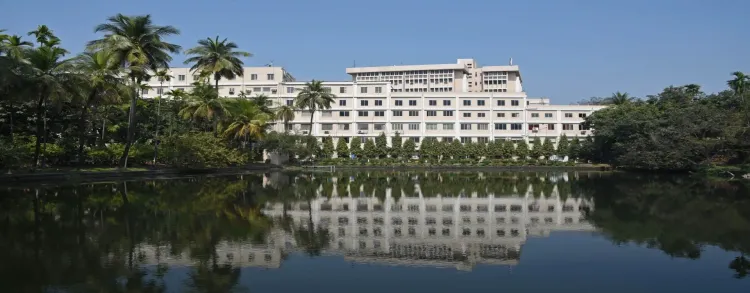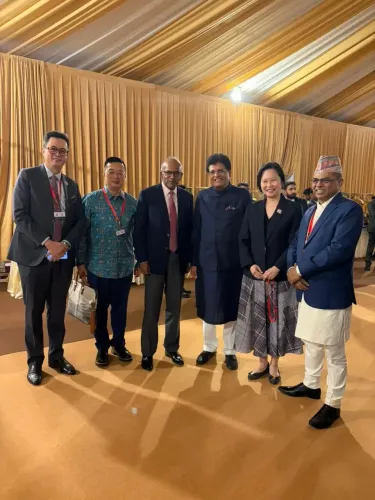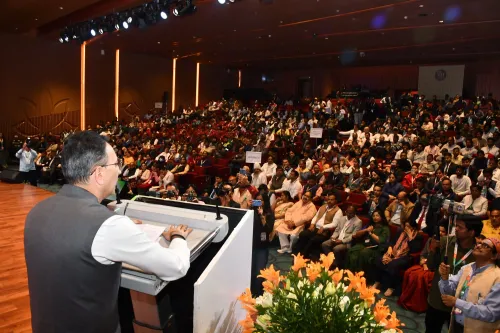What Are the Highlights of the Draft Indian Statistical Institute Bill 2025?

Synopsis
Key Takeaways
- Public consultation on the draft Bill is open until October 24.
- The Bill aims to enhance ISI's governance structure.
- ISI has been a key institution in statistical education since 1931.
- Significant reforms were recommended by the 2020 Review Committee.
- The proposed changes aim to keep ISI globally competitive.
New Delhi, Sep 27 (NationPress) The Ministry of Statistics and Programme Implementation (MoSPI) announced on Saturday the release of the draft Indian Statistical Institute Bill, 2025, which has been open for public feedback since September 25.
The ministry encourages comments and suggestions from all stakeholders and the public as part of the pre-legislative consultation.
As the Indian Statistical Institute (ISI) gears up to celebrate its centenary in 2031, this proposed Bill is built on principles such as excellence, governance, autonomy, and accountability.
Founded in December 1931, ISI has established itself as one of India’s leading academic and research institutions.
In acknowledgment of its national significance, Parliament passed the Indian Statistical Institute Act, 1959, designating ISI as an Institution of National Importance (INI).
Currently, ISI provides undergraduate and postgraduate programs in statistics, mathematics, quantitative economics, computer science, library and information science, cryptology and security, quality management science, and operations research.
Additionally, it offers research programs, diplomas, and certificate courses.
With approximately 1,200 students across its various centers, ISI is instrumental in enhancing India’s standing in statistical sciences and related fields.
Four Review Committees have evaluated ISI’s operations over the years.
The latest, led by Dr. R.A. Mashelkar in 2020, proposed significant reforms to bolster governance, broaden academic offerings, and elevate ISI’s global competitiveness.
The Committee urged that ISI should reimagine, reinvent, and reposition itself to maintain its leadership as it approaches its centenary in 2031.
To tackle these challenges, a new legislative proposal is being introduced to enhance the existing Act to align with other INI legislations, establishing a reformed governance structure and a more efficient Board of Governance for policy, administrative, and financial decisions, as stated by the ministry.
The draft Bill and the format for submitting comments can be found on the ministry's website. Feedback is requested by October 24.









